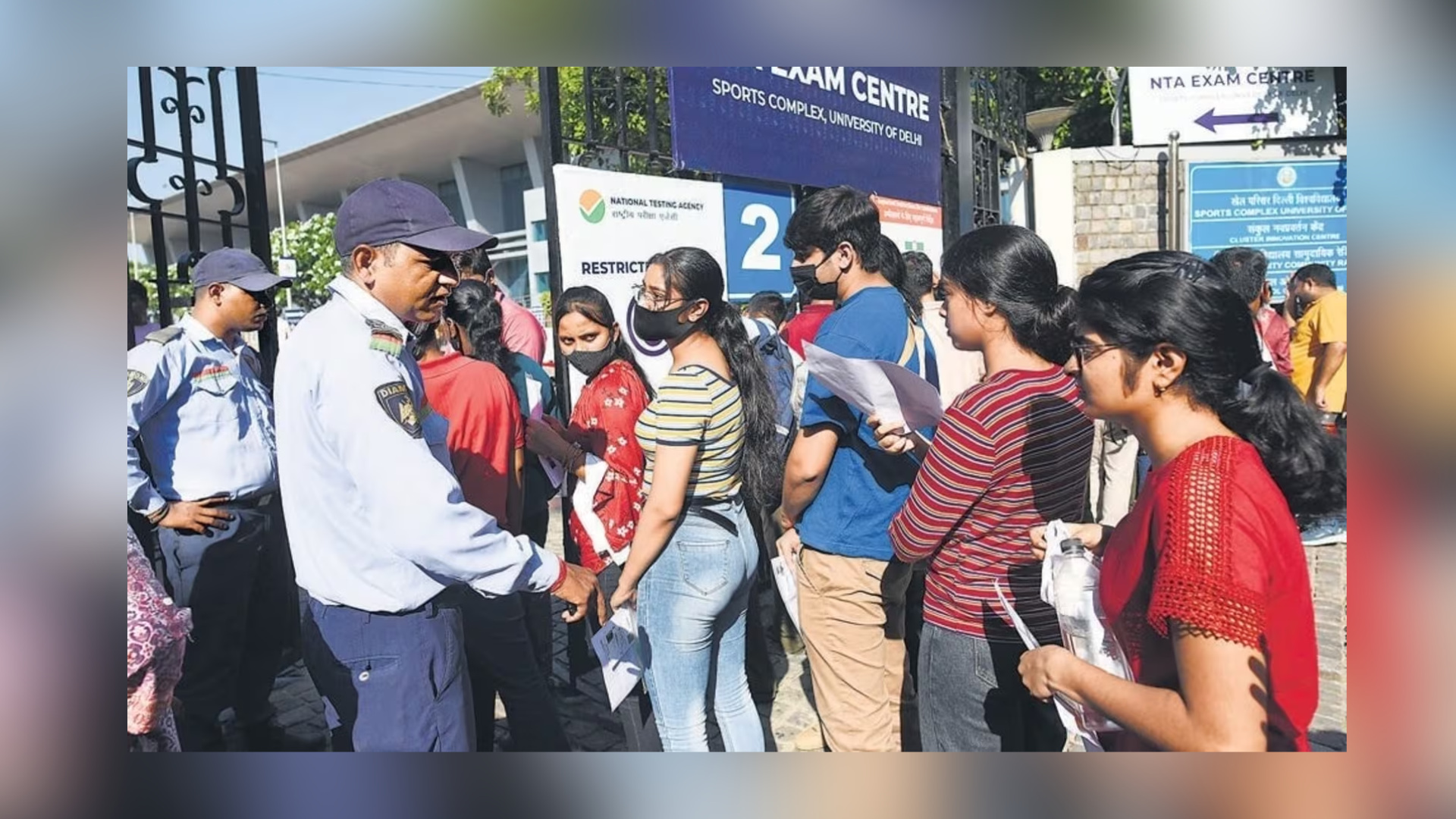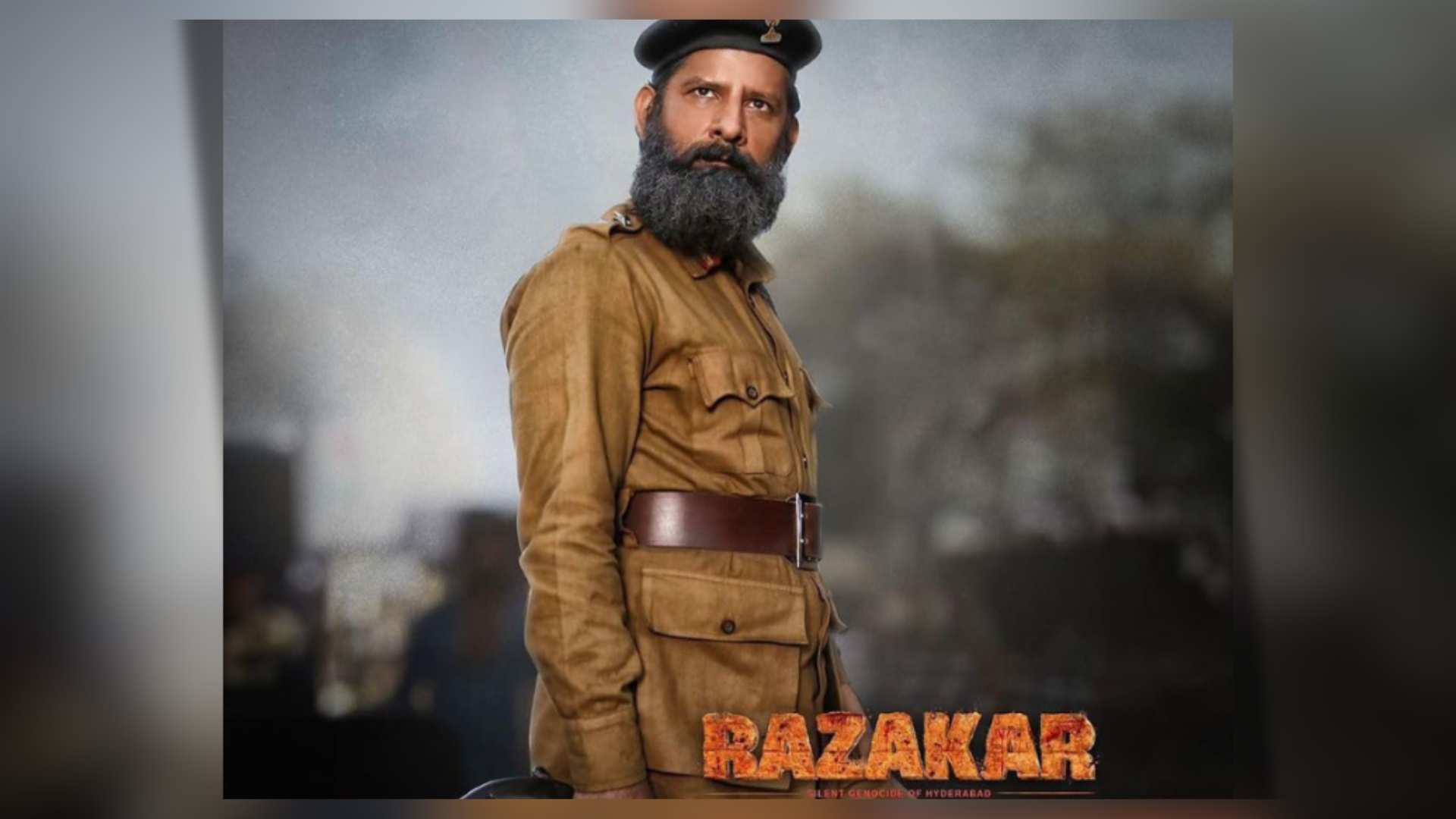




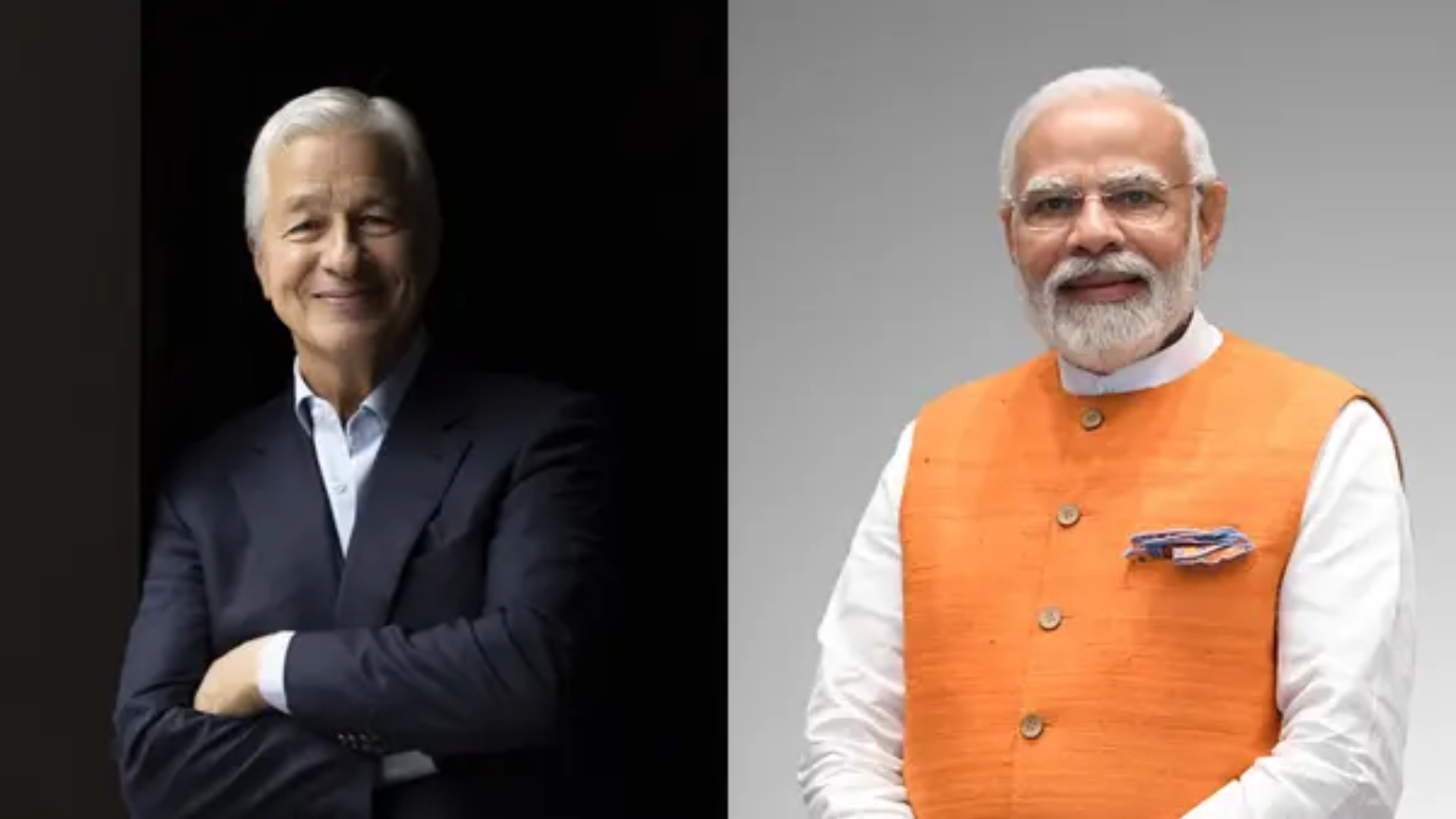

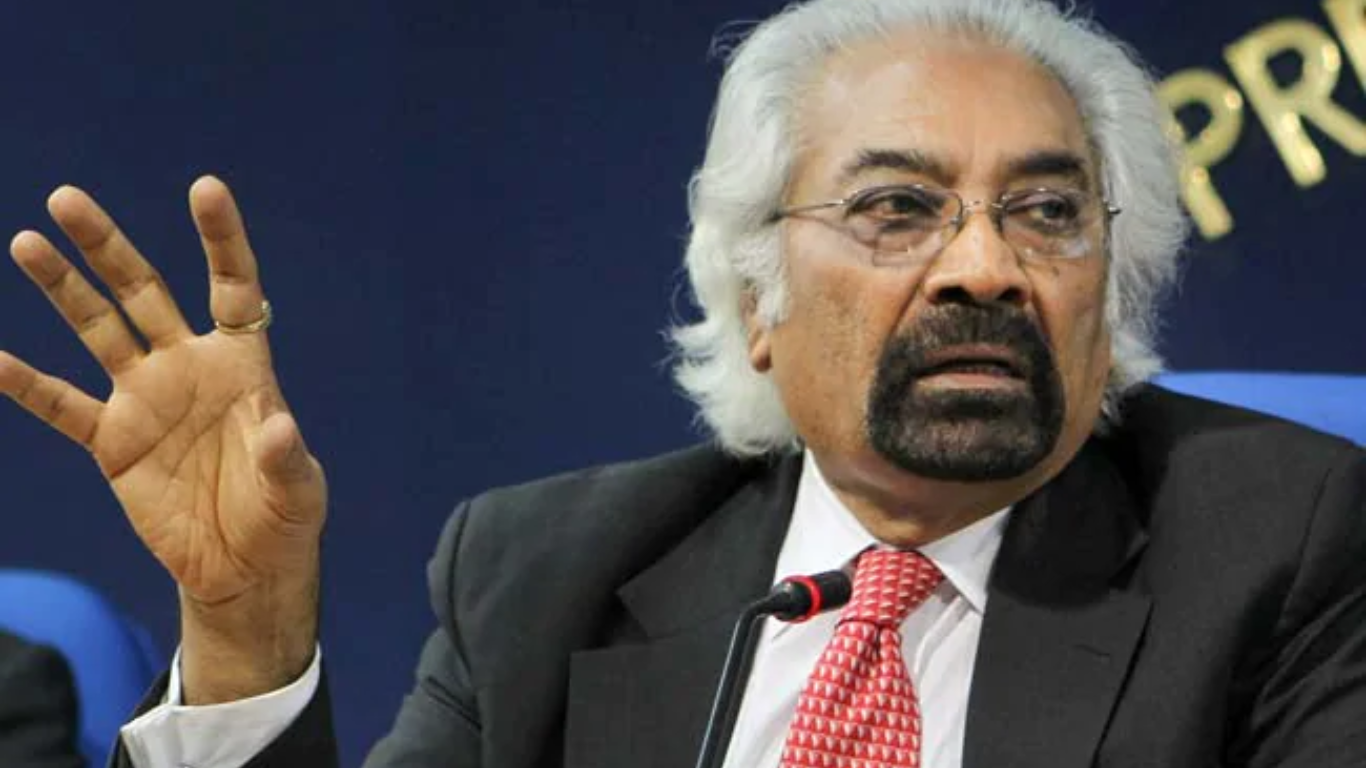

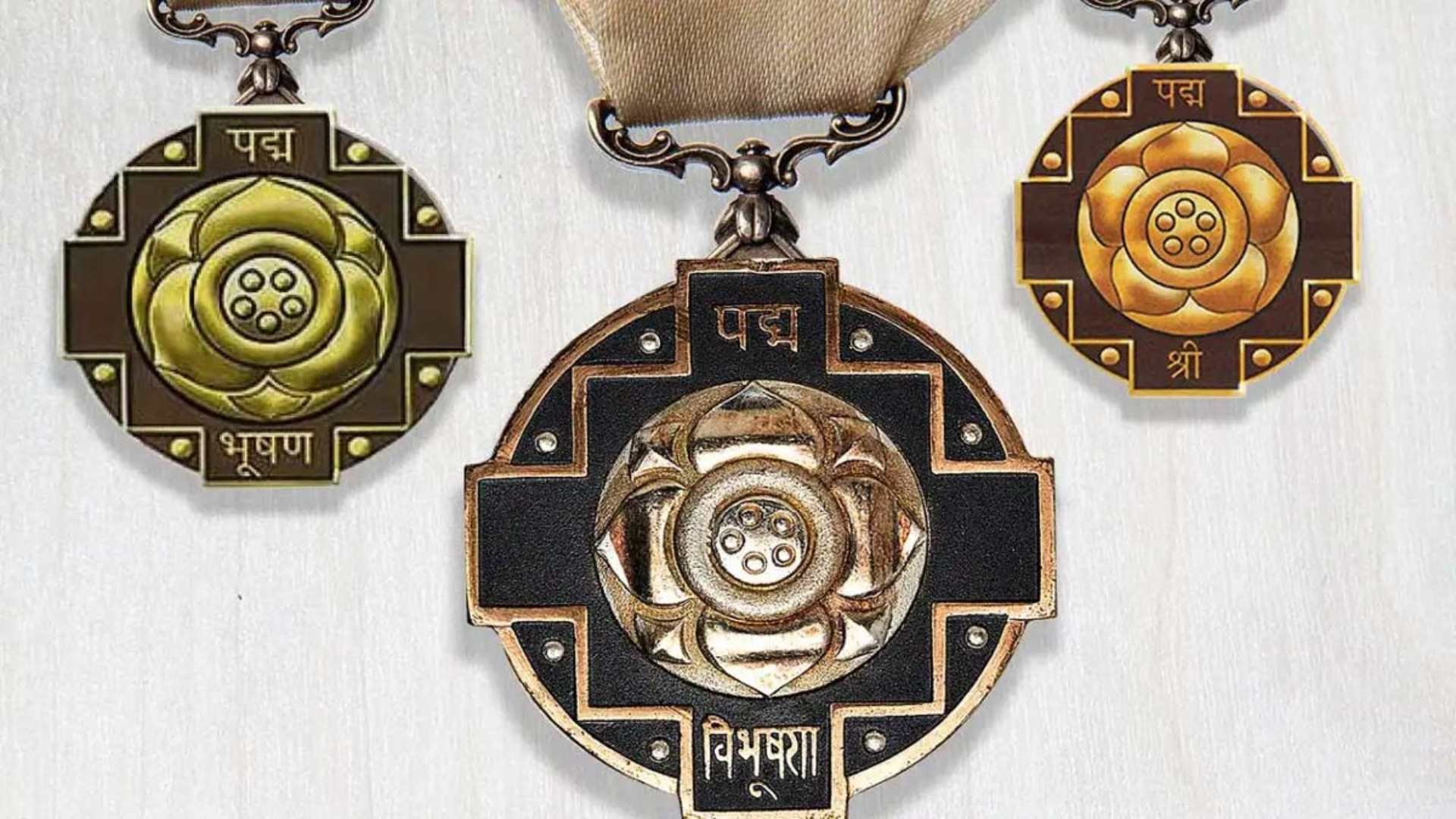

The subject of mitigating circumstances that courts should take into account when imposing the death penalty as the maximum punishment was referred to a five-judge bench by the Supreme Court on Monday.
A bench of the Chief Justice of India, UU Lalit, and Justices SR Bhat and Sudhanshu Dhulia noted that there were conflicting rulings regarding the granting of a hearing to an accused before imposing a death sentence and stated, “It is necessary to have clarity in the matter on a uniform approach on the question of granting bail real and meaningful opportunity of hearing to accused in such cases, reference to a larger bench of 5 hon’ble judges is necessary.”
The apex court had taken note of the matter on its own and noted that it was necessary to ensure that the mitigating circumstances for conviction of offences that carry the possibility of death sentences be taken into consideration at the trial stage.
When registering the case to create norms for courts throughout the nation to follow when considering cases involving death sentences, the bench led by CJI UU Lalit asked AG KK Venugopal for help and sent notice to NALSA.
The man’s petition to the bench, titled “Framing Guidelines Regarding Potential Mitigating Circumstances to be Considered While Imposing Death Sentences,” asked the court to reconsider the death penalty that had been issued by the lower court and supported by the MP HC.
The intent of taking cognizance was to evaluate and institutionalise the procedure for gathering data and information necessary to determine whether to impose the death penalty.
The court also made the decision to look at how courts that deal with death penalty cases can conduct thorough analyses of both the accused and the offence.
The procedure started after Project 39A of National Law University (NLU), Delhi, submitted an application to oppose the death penalty. According to the argument, mitigation is an exercise in gathering, documenting, and analysing a wide range of data, including historical, cultural, social, familial, and individual factors as well as any other pertinent factors that affect an individual’s perception, response, and understanding of the world and the people around them.
Read more: Iran Protesting Against Hijab: Death of Woman After Arrest by ‘Morality Police’





